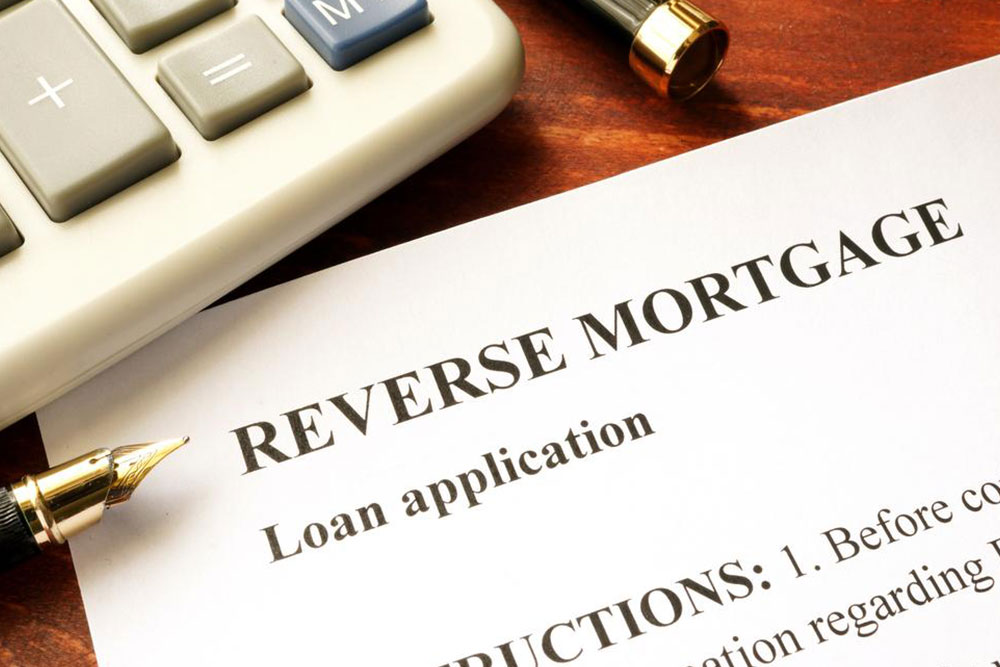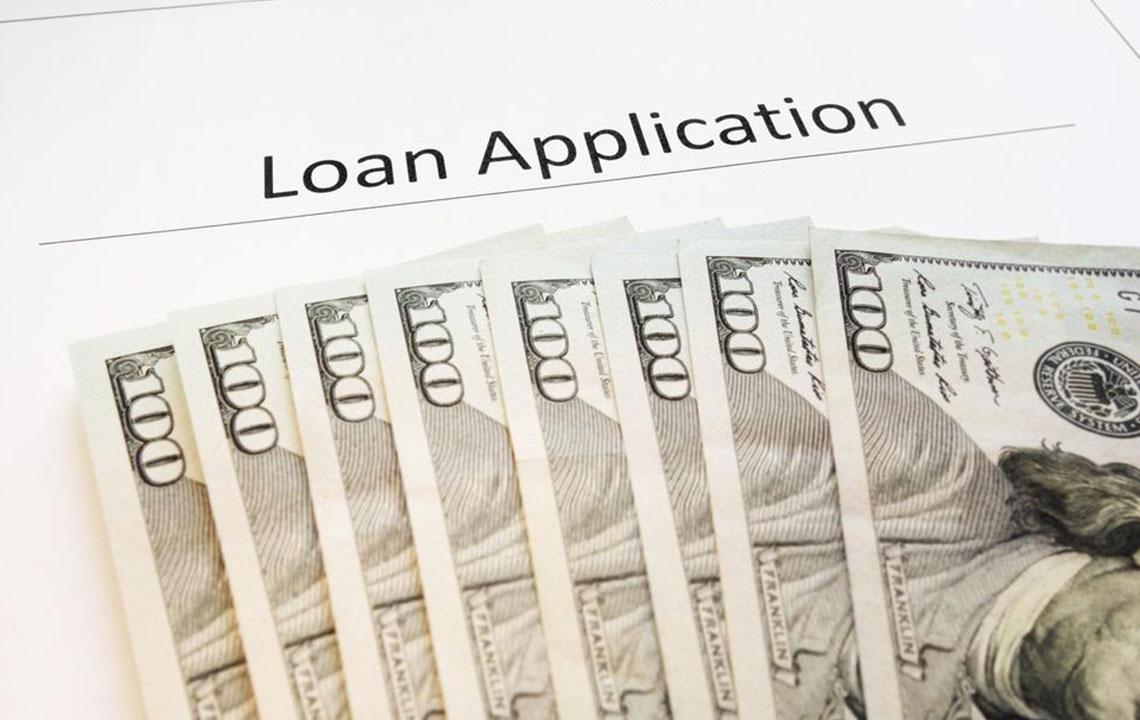Comprehensive Guide to the Top 5 Advantages of Refinancing Your Home Mortgage
Refinancing your mortgage can provide numerous financial benefits, including lower interest rates, shorter loan terms, and increased stability. This comprehensive guide explains top advantages such as reducing monthly payments, accessing home equity, and updating ownership details. Carefully evaluating market trends and personal finances ensures optimal refinancing decisions. Whether aiming to save money, pay off your mortgage sooner, or secure fixed payments, understanding these benefits equips homeowners with essential knowledge to improve their financial health and make informed choices.

Comprehensive Guide to the Top 5 Advantages of Refinancing Your Home Mortgage
Refinancing your mortgage is a pivotal financial decision that can significantly impact your long-term finances. Essentially, refinancing involves replacing your existing home loan with a new one, often to benefit from better terms, lower interest rates, or other financial advantages. This process typically comes with some costs, which can range from 3% to 6% of the total loan amount, along with additional fees such as appraisal fees, title search costs, and closing expenses. Therefore, it's crucial to thoroughly evaluate whether refinancing makes sense for your financial situation. Knowing when and how to refinance can lead to substantial savings and financial security.
In this comprehensive guide, we will delve into the top five benefits of refinancing your mortgage, providing insights into how you can use this financial tool to improve your financial health, reduce your debt, and optimize your mortgage terms. Whether you are looking to lower your monthly payments, pay off your mortgage sooner, or access your home equity, understanding the key advantages of refinancing will help you make informed decisions.
1. Take Advantage of Lower Interest Rates
One of the most compelling reasons to refinance is to benefit from declining mortgage interest rates. When current rates fall below your original rate, refinancing can lead to significant reductions in your monthly mortgage payments. Even a small decrease of 1% to 2% in interest rates can translate into hundreds of dollars saved each month, making refinancing a highly attractive option for many homeowners.
It's important to keep an eye on the market and consult with mortgage professionals to identify the right time to refinance. Locking in a lower rate can not only decrease your monthly obligations but also reduce the total interest paid over the life of the loan. For homeowners with years remaining on their mortgage, refinancing to take advantage of lower rates can make a major difference in their financial stability and long-term savings.
2. Reduce Your Loan Term and Pay Off Your Mortgage Faster
Refinancing provides an opportunity to reshape your mortgage terms, particularly for those aiming to pay off their debts sooner. If you refinance during favorable market conditions, you might opt for a shorter loan term, such as switching from a 30-year mortgage to a 15-year mortgage. Although this may increase your monthly payments, it drastically reduces the total interest paid and accelerates your journey to debt freedom.
Using a mortgage calculator, you can explore different scenarios to determine the best balance between affordable payments and a shorter payoff period. Paying off your mortgage early not only liberates you from debt but also frees up financial resources for other investments, savings, or major life expenses.
3. Switch to a Fixed-Rate Mortgage for Financial Stability
If you are concerned about potential interest rate hikes in the future, refinancing to a fixed-rate mortgage (FRM) can provide peace of mind. Unlike adjustable-rate mortgages (ARMs), which fluctuate with market interest rates, fixed-rate loans maintain the same payment amount over the entire term of the loan.
This stability allows you to plan your finances with certainty, avoiding unexpected increases in monthly payments due to rising interest rates. In an environment where initial rates are attractive but future increases are likely, switching to a fixed-rate mortgage ensures your payments remain predictable, supporting long-term financial planning.
4. Access Home Equity for Major Expenses
Homeowners often leverage refinancing to tap into their home equity through a cash-out refinance. This process involves borrowing against the equity built up in your property, providing you with a lump sum of cash for various expenses such as home renovations, education costs, debt consolidation, or other significant investments.
While a cash-out refinance can provide immediate funds, it also increases your mortgage balance and extends your repayment period. It's essential to carefully evaluate your financial goals and ensure that leveraging your home equity aligns with your long-term plans. Properly used, this strategic tool can enhance your financial flexibility, but it requires prudent planning to avoid over-leveraging your property.
5. Update Ownership and Borrower Details
Refinancing can be an optimal opportunity to update or modify the details of your mortgage ownership. If there have been changes in your family or ownership structure—such as divorce, marriage, or partnership adjustments—refinancing allows you to remove or add borrowers to the mortgage document, ensuring it accurately reflects your current situation.
Having correct ownership details is crucial for legal clarity, financial responsibility, and future estate planning. This process ensures your mortgage accurately matches your current ownership agreements and provides peace of mind for you and all involved parties.
In conclusion, refinancing your mortgage offers multiple benefits that can lead to significant financial improvements, whether through lower interest payments, quicker debt payoff, or increased financial flexibility. However, it is essential to thoroughly evaluate your personal financial circumstances, market conditions, and long-term goals before proceeding. Consulting with mortgage professionals and financial advisors can help craft a refinancing strategy that best suits your needs, ultimately empowering you to achieve greater financial stability and growth.





